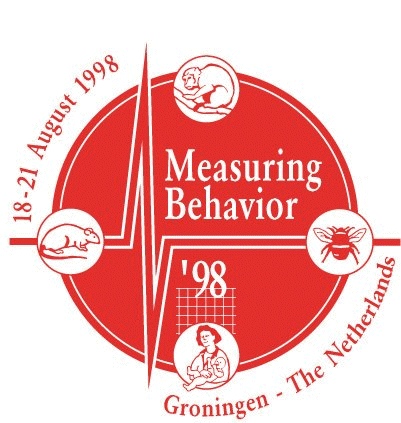A simple method to measure the learned responses to plant chemicals by parasitoids
T. Honda, Y. Kainoh and H. Honda
Institute of Agriculture and Forestry, University of Tsukuba, Tsukuba, Japan
We used a simple method to examine the most effective conditions to enhance learned responses in Ascogaster reticulatus Watanabe, an egg-larval parasitoid of the smaller tea tortrix, Adoxophyes sp. (Lepidoptera: Tortricidae). We also investigated the effect of both elapsed time and unrewarding experiences on the persistence of the learned response of these females. The strength of the response of a female was evaluated by the distance walked along the learned cues with her characteristic antennating response in Petri dish assays [1]. We compared the learned response of females with zero to five oviposition experiences as well as females with various lengths of oviposition time. The learned responses of females tended to increase with the number of conditionings (1-3 times) and the oviposition time during conditioning (0-360 sec). However, responses were low after a single conditioning regardless of oviposition time. From these results, learned response through experience is essentially a gradual process in which the number of experiences and the oviposition time during conditioning are major elements.
The learned response of females gradually decreased as time elapsed after conditioning (rewarding experiences), while it quickly decreased after unrewarded experiences. Furthermore, we investigated the effect of additional rewarding experiences (re-condition) on the females that had ceased to respond to the learned cues after unrewarding experiences. Females receiving an additional rewarding experience recovered their response and were able to learn the previously-learned cues efficiently. This type of a flexible learning system would be useful for A. reticulatus females to help them utilize the most profitable cues that lead them to the next host.

Poster presented at Measuring Behavior '98, 2nd International Conference on Methods and Techniques in Behavioral Research, 18-21 August 1998, Groningen, The Netherlands